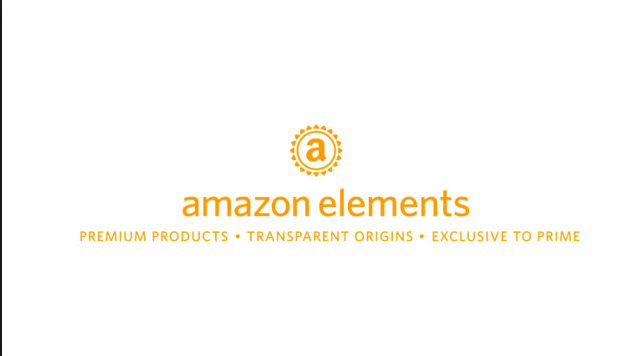The Secret World Of Amazon’s Private Label Programs

Amazon.com is known as a global destination for just about any type of retail product imaginable-in fact, it’s often referred to as the “online Walmart.”
Since Q4 of 2014, Amazon has attempted to expand it’s product offering with multi-pronged strategy that allows the company to sell cost-efficient products, while also allowing independent retailers to use the brand’s platform to sell previously-manufactured products under their own independent banner.
The program is commonly known as the Amazon Private Label Program. There are three main branches of the program, with two offering true private label products:
- Retailer Arbitrage
- Amazon’s Elements product line
- Retailer Private Label
Amazon’s Retailer Arbitrage Program
The retailer arbitrage program shares commonality with the retailer private label program in that they both are subsidiaries of Amazon’s Fulfillment By Amazon program. Both allow independent retailers to use the platform to sell a wide variety of products to buyers.
However, the arbitrage program doesn’t allow sellers to brand themselves or attach a private label to the products they sell via the program. They’re require to list their products under the already-established brand name. The products are often sourced directly from the seller, then they are sold as is.
Amazon’s Elements Private Label Program
Amazon Elements is the company’s name for their private label products. Going in this direction has allowed the company to offer consumers lower-priced, highly-consumed items much in the same way that competitors such as Costco, Walmart, and Target currently offers products to their loyalists, according to USA Today.
Although the Elements label was initially attached to high-use baby products such as diapers and baby wipes, according to Motley Fool:
Amazon sought trademark protection for more than two dozen categories under its Elements brand, including coffee, soup, pasta, water, vitamins, dog food and household items like razors and cleaning products.
In addition, Amazon sells cables, phone chargers, and other technology-related items under its Basics private label brand.
Amazon’s Elements brand faced a bit of a public relations disaster this past December when reports of poor-quality diapers flooded the internet. While the diapers have been pulled off of the market in order to correct previous quality issues, the Elements baby wipes line have proven to be a solid success.
Despite the diaper debacle, Amazon is as committed to producing high-quality products through its Elements line as it was in the beginning of the brand’s roll-out.
Sunny Jain, Amazon.com’s consumables vice president had this to say at the time of the initial roll-out:
Our obsession with customers and drive to continuously innovate on their behalf has led us to create Amazon Elements. The two things customers told us they want are premium products that meet their high standards, and access to information so they can make informed decisions, Amazon Elements offers both.
Amazon’s Private Label Program For Independent Retailers
The Private Label program for independent retailers is proving to be wildly successful, and many prefer selling products in this way. The process starts after the seller contacts a manufacturer who produces the product they’d like to sell – Alibaba seems to be the favored source for retailers who are interested in purchasing pre-manufactured products to attach their label to.
The seller must purchase a bulk lot of the product, and the purchase quantity and price points are solely determined by the manufacturer.
The seller can either have the product shipped directly from the manufacturer to the Amazon, or they can receive the shipment to inspect it, and then send the bulk lot to Amazon at their own expense. The seller must also create their own private label at their own expense before sending their products to Amazon.
After Amazon receives the product and the private label, and after agreements have been signed, then Amazon advertises the products. Shoppers purchase the products, and the seller receives payment for net profits after necessary fees have been deducted from the gross. The Amazon FBA program pays sellers twice a month.
Best Practices For Independent Retailers
The greatest concern for Amazon and its global network of FBA (Fulfilled By Amazon) retailers is the quality of the products that are manufactured and sold, especially when they are manufactured overseas.
Although products can be shipped directly from the manufacturer to Amazon, most private label FBA sellers agree on the need to have the shipments sent to them first before sending their products to Amazon.
This allows the seller to inspect the quality of the product before putting potentially shoddy products on the market, earning bad reviews, and subsequently killing their business before it can get off the ground properly.
Products could also become damaged in transit from the manufacturer to the Amazon facility. When this happens, there’s nothing that the seller can do, and they’ll earn the brunt of the buyer’s anger, and poor reviews.
Inspecting the product before listing it for sale also allows the independent retailer to avoid a mountain of returns. Depending upon the product, the shipping fees from the seller’s storage facility to Amazon is nominal, but the peace of mind the seller gains by knowing that they’re selling a high-quality product is worth any extra fees incurred.





